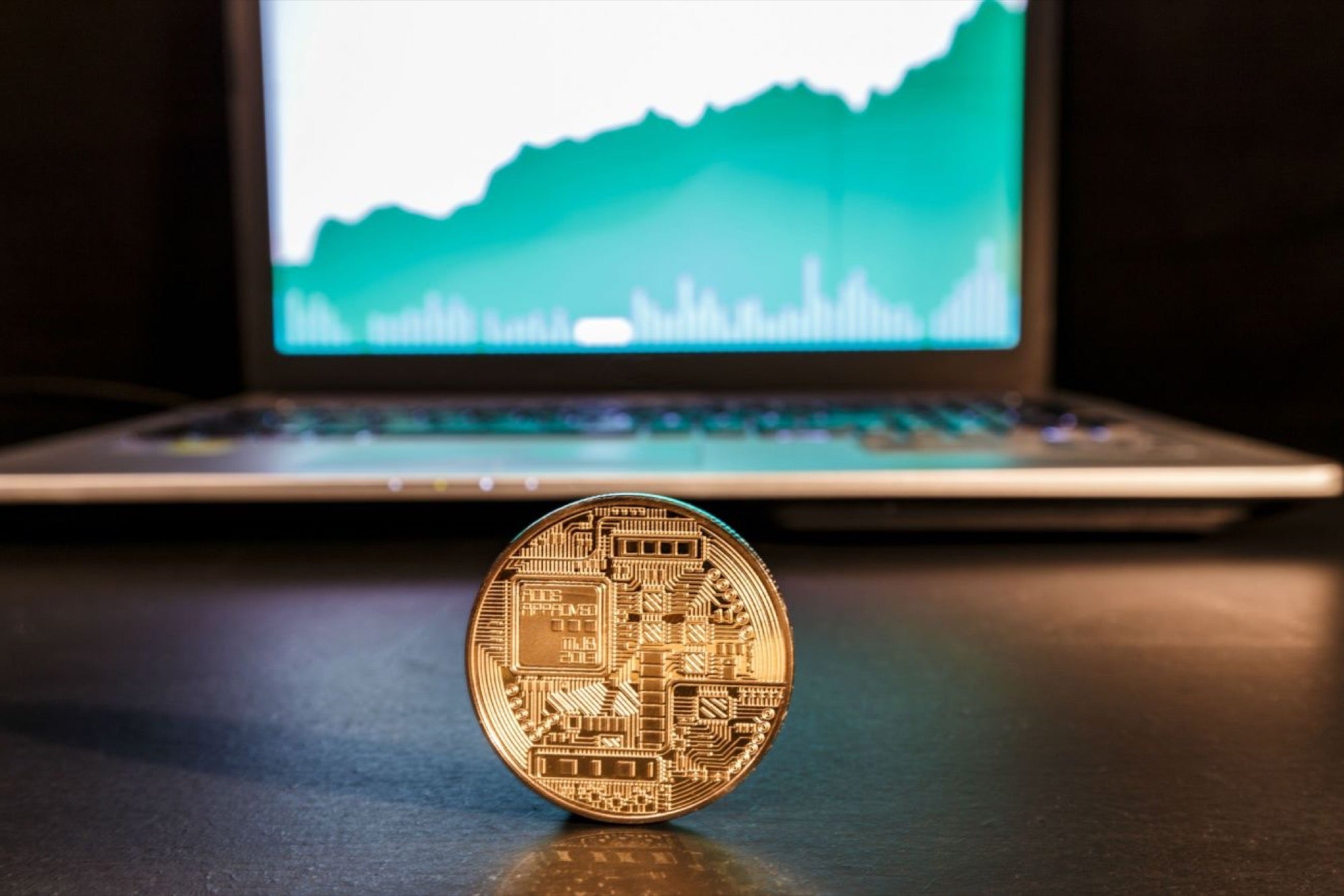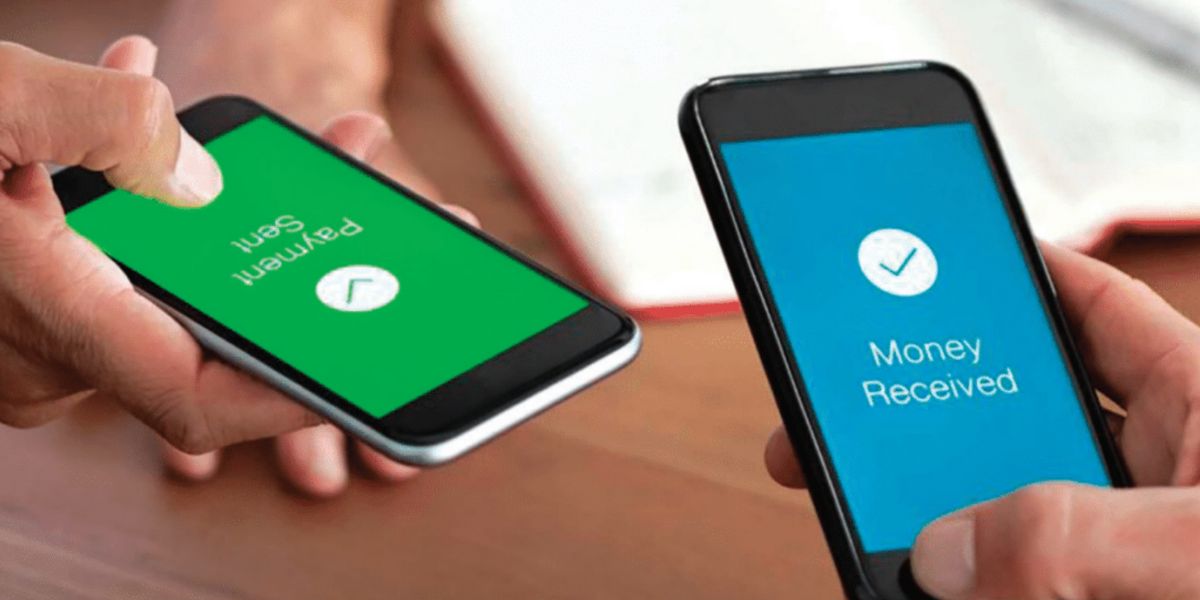In this blog: How mobile money empowers the unbanked, how it promotes financial inclusion, and how businesses can benefit from it.
Empowering the Unbanked
More than 83% of adults in emerging markets have mobile phones. Experts believe this staggering number will drive economic development and help people escape poverty by giving them access to information, opportunities, and financial services, chief among them mobile money.
A pay-as-you-go digital medium of exchange, mobile money is a financial service offered to customers by mobile network operators (MNOs), either directly or through a network of mobile money agents.

Unlike traditional banking, where mobile apps serve as an extension of conventional bank accounts, mobile money services do not require a bank account, only a mobile phone. Mobile banking essentially serves as another channel for accessing traditional banking services, but mobile money serves the unbanked.
Mobile money’s capacity to drive financial inclusion in emerging markets is more potent than ever. While the use of mobile phones is already widespread, their rapid penetration continues unabated, meaning the market continues to grow. The business opportunities it presents for companies that offer these services are boundless.

Because most people in emerging economies are excluded from the formal financial system, they rely exclusively on dealing in cash transactions. As a result, people and small businesses have insufficient access to credit, saving, and investment instruments. This limits economic opportunities and hinders economic growth.
Mobile money can change all that, and this is what makes it a real game-changer. It offers financial inclusion to millions without access to traditional banking networks. There is a voracious appetite not just for savings, credit, and investment products but also for digital modes of payment, fund transfers, and even cross-border remittances.
The Business of Financial Inclusion
The business opportunities for MNOs are boundless. The possibility of developing entirely new business models based on digital financial products has never been more promising. Hitherto untapped emerging markets offer the potential to reach 1.6 billion new retail customers, with an aggregate market of $4.2 trillion.
While the opportunities are limitless, there are significant challenges. Poor digital financial literacy, weak ICT infrastructure, and lack of legal and regulatory frameworks impede the widespread adoption of mobile money.

Governments have considerable incentive to provide a regulatory environment conducive to the spread of mobile money. By providing access to basic transaction accounts and ensuring financial inclusion, governments can document sectors of the economy that have traditionally been cash-based.
Documenting cash-based transactions alone can save governments $110 billion by reducing spending and tax revenue leakage. According to a McKinsey report, widespread adoption of digital financial products could boost the annual GDP of emerging economies by $3.7 trillion by 2025, leading to the creation of up to 95 million jobs.
MNOs have successfully addressed poor digital financial literacy by developing mobile money agent networks across their operations communities. These agents perform the critical tasks of onboarding and assisting customers. A robust and well-trained agent network is vital to the success of mobile money services.
While the expansion of agent networks has been crucial to the rapid penetration of mobile money across emerging markets, reliance on agents hinders people and businesses from realizing the full potential of digital financial products. People must line up at agent outlets, and transactions are limited to working hours.
Innovative Mobile Money Platforms
An innovative solution that addresses the limitations of in-person dealing with mobile money agents has been the deployment of self-service kiosks across specific markets.
These kiosks supplement the work of mobile money agents by automating much of their work. They reduce waiting times at agent outlets and provide 24/7 access to services but more importantly, they give people access to an entirely new world of digital possibilities.
Let’s take, for example, AZIMUT’S self-service SIMVEND kiosks that allow customers to register for a new SIM card in a matter of minutes, with 24/7 availability at all locations. What’s more, the kiosks can be used to transfer funds and pay bills, in addition to topping up phone credit.
Offered by AZIMUT, a global self-service solutions provider, SIMVEND kiosks have been deployed across Africa, Asia, and North America. These self-service modules act as full mobile money agents with cash-in / cash-out capabilities (CICO). Furthermore, they provide facial recognition, biometric verification, and document scanning on the spot.
According to AZIMUT, over 60% of transactions in most areas happen outside of standard working hours.
Automating SIM issuance, and enabling payments and transfers are just a few of the many possibilities that self-service kiosks offer; there is never a lack of new frontiers when it comes to business.
The Power of Mobile Money and How to Benefit From It
It’s impossible to deny that mobile money solutions, when implemented correctly and with the right complementary features and services, have the chance to revolutionize any market. The best part? In developing markets where consumers are on the rise, this technology can be extremely lucrative for businesses—especially for innovative MNOs. With so many people transacting digitally, it’s easy to see why so many companies will have to jump on the mobile money bandwagon.
In conclusion, MNOs have a tremendous opportunity to redefine the mobile money landscape in emerging markets. There is ample room for creativity and innovation and no restrictions. MNOs can genuinely take advantage of the untapped potential of mobile money.
To learn more about AZIMUT, click here.
BOOK A FREE DEMO





